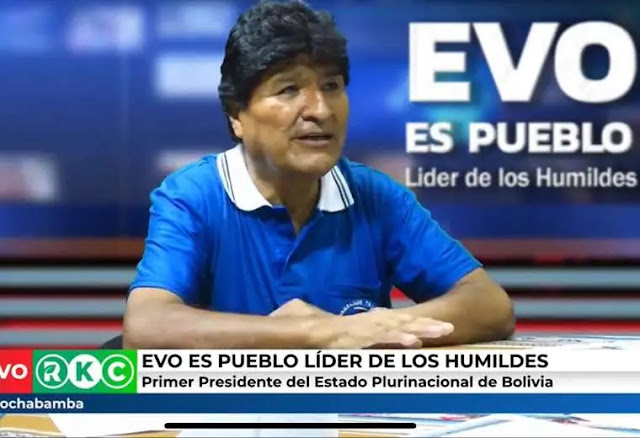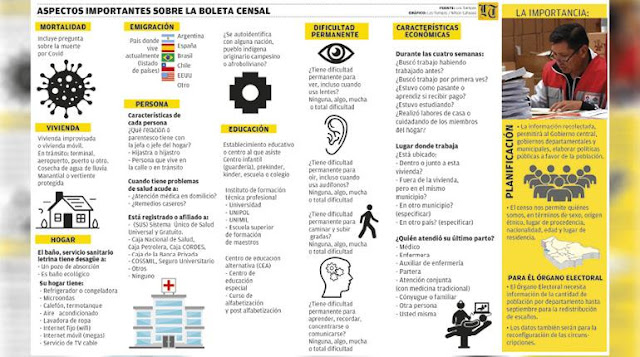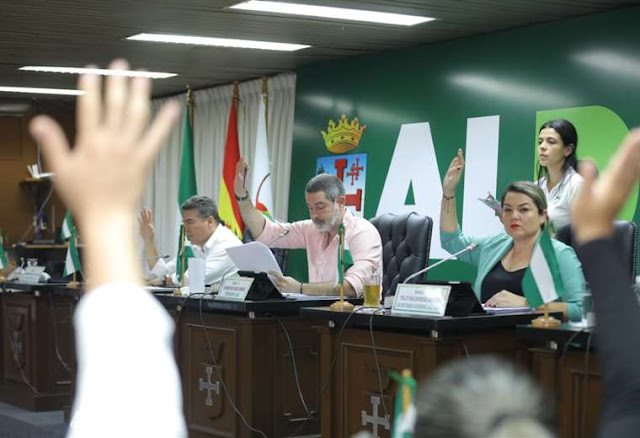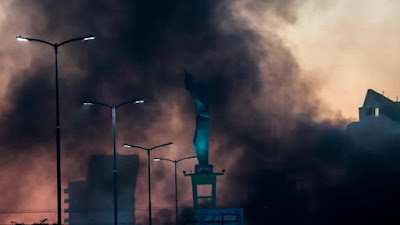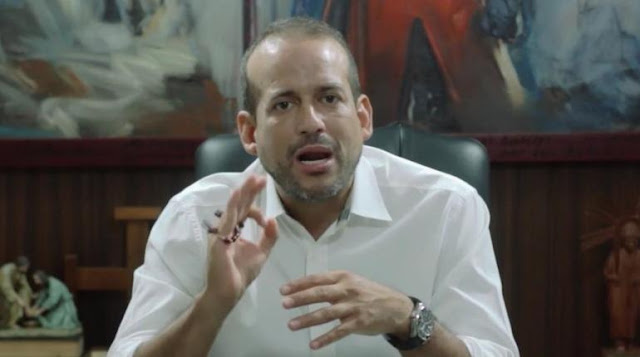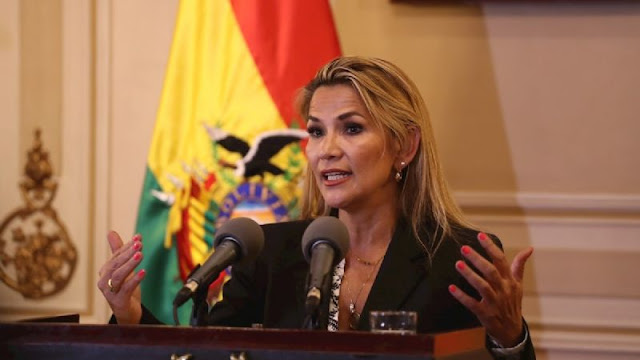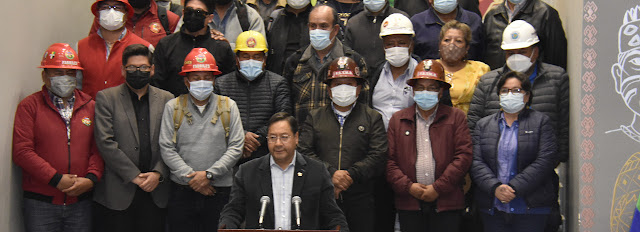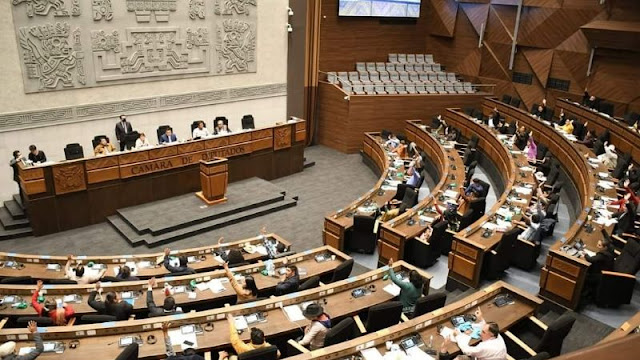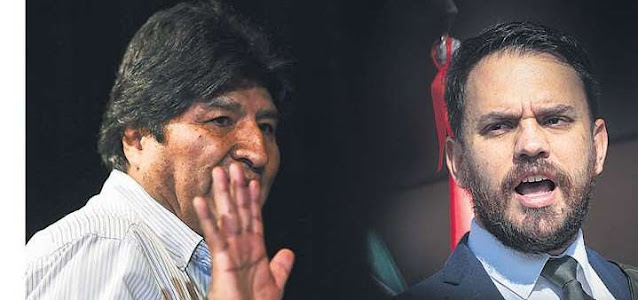Six days before the Population and Housing Census, the National Institute of Statistics (INE) has all logistics, personnel, and materials ready to carry out this activity in Bolivia after 12 years.
The census is a statistical procedure that allows for the collection, compilation, evaluation, analysis, publication, and dissemination of characteristics of households and demographic, economic, and social data related to all inhabitants of Bolivia.
On census day, circulation and all economic and commercial activities are prohibited; only census takers and individuals authorized by the INE will be allowed to move.
The information obtained in the census will be used in the planning of public policies and by the Electoral Body for the redistribution of seats and redesign of electoral districts.
The 13 things to know about census day are as follows:
Organization
INE has over 820,000 volunteer census takers nationwide, along with 4,813 zone chiefs, 268 block chiefs, 1,799 dispersed area chiefs, and 381 census work unit chiefs.
Zone chiefs will open the 6,612 operation centers across the country at 6:00. Half an hour later, they will organize the distribution of census boxes, which will be delivered to sector supervisors until 7:00. INE distributed 90,051 census boxes in the nine departments with bags containing a board, segment map, C-1 and C-2 forms, census questionnaires, a pencil case with pencil, eraser, and sharpener, the census taker's credential, and stickers with the legend "Censused Residence."
Census Takers
Census takers are prohibited from entering homes; the interview will take place at the door of the residence or apartment, in the case of condominiums.
Census takers will carry credentials with a QR code to confirm that they are enumerators.
Each urban census taker will enumerate 10 households, and in rural or dispersed areas, 30 to 35 dwellings, but within a three-day period.
Volunteers will visit over 5.8 million households nationwide.
Once the interview in each residence is completed, the census agent will place the "Censused Residence" sticker on the door.
Good Governance Order
Departamental autonomous governments issued respective good governance orders; most prohibit circulation from 00:00 to 23:50 on Saturday and the sale and consumption of alcoholic beverages from 00:00 on Friday until 23:59 on Saturday, along with other prohibitions such as carrying weapons or dangerous objects.
Schedule
Citizens should expect census takers from 8:00 in the morning until 19:30 and must provide accurate information for proper form completion.
Those Enumerated
All members of the family should be present during form completion, including household dependents.
Only individuals with a special permit issued by the National Institute of Statistics (INE) will be allowed to circulate.
Once enumerated, individuals cannot leave their homes until 23:59 on the same day.
Additionally, they must keep their pets indoors to avoid incidents with volunteer census takers.
Census Form
The census form includes 59 questions to be answered by the head of the household.
The average completion time for the questionnaire is 40 minutes.
The form must be completed in pencil because during the interview, the volunteer may make an error or the respondent may give an incorrect answer, and the error can be corrected.
The census form for the National Population and Housing Census of March 23, 2024, contains seven chapters and 59 questions, 10 more than in the 2012 process. The seven chapters relate to housing location, housing type, housing characteristics, migration, mortality, person listing, and characteristics of each person.
Restrictions
On March 23, the sale and consumption of alcoholic beverages will be prohibited.
From 00:00 on Saturday, March 23, the movement of people and vehicles without the respective authorization will be prohibited.
Interdepartmental travel will be limited one day before the census. The police and terminal administrators must enforce this provision, considering that from 00:00 on March 23, no one can be on the streets or engaged in any activity.
On March 23, Census Day 2024, international borders will be closed, and there will be no land, rail, lake, river, or air transport services.
Bus terminals will suspend departures on Friday, March 22, according to the travel time to their destinations, which must be before midnight.
Only international flights will be operated at airports.
Sanctions
The National Institute of Statistics and the Police coordinated that among the penalties applied to individuals who violate the good governance order is an eight-hour arrest.
Both police officers and the Armed Forces will be responsible for enforcing the provisions on census day.
Police officers will be on duty and enumerated one day before so that on census day, March 23, they can carry out control and security operations.
Application
The National Institute of Statistics will provide an application for census takers and supervisors. It is an emergency button to report dangerous situations or risks during census day.
Media
Between four and five press conferences will be held during census day to show the progress of the process. Journalists must have INE accreditation and respective permits for circulation.
Collective Residences
Hospitals, military units, etc., will be considered collective residences for form completion. In red zones, census takers will have police accompaniment.
Absentees
People who are traveling will be enumerated wherever they are.
School
School classes will be suspended on Friday, March 22, in urban areas and only on Monday, March 25, in rural areas.

